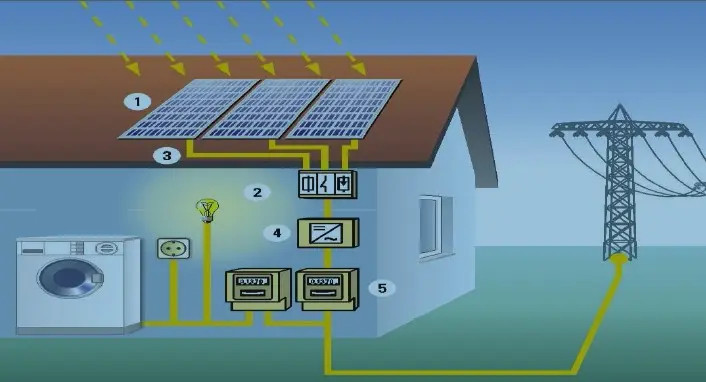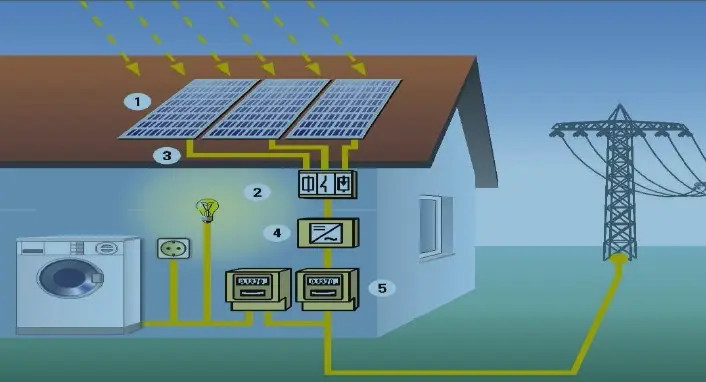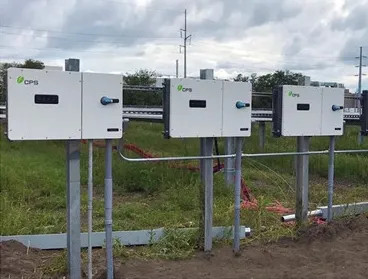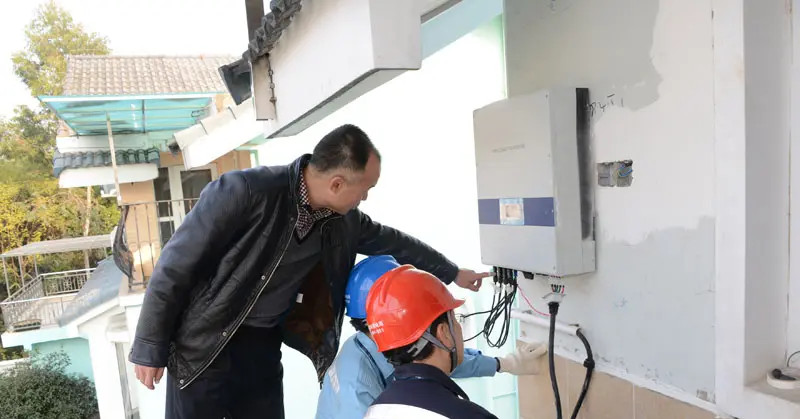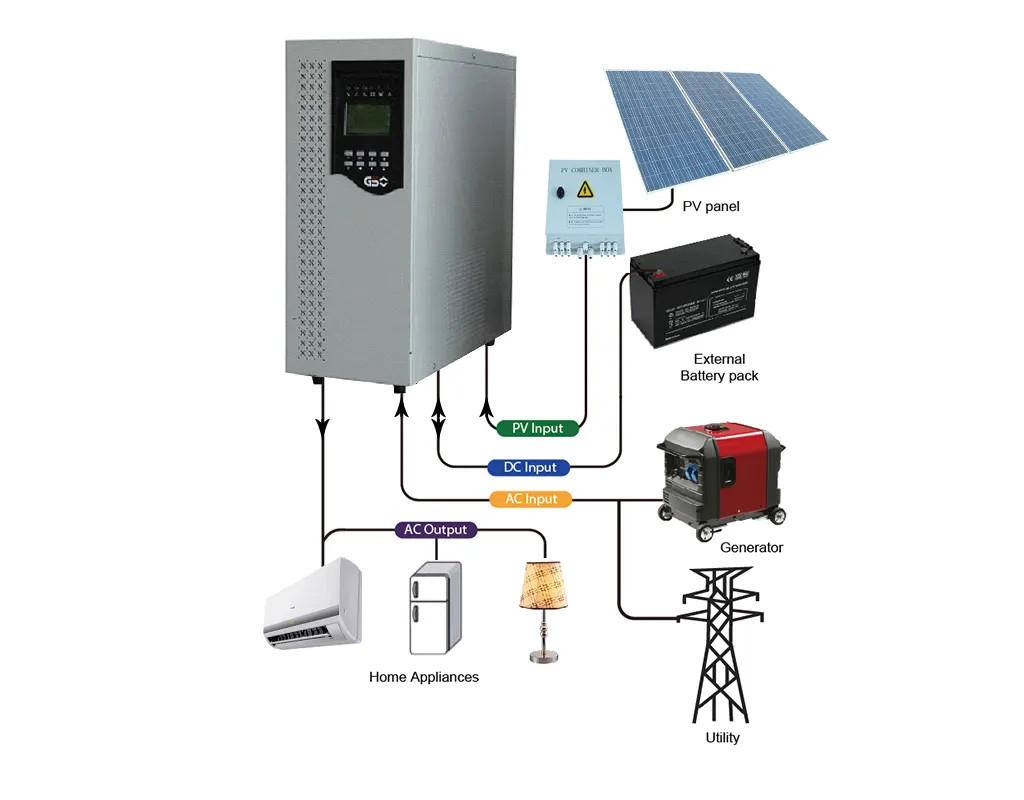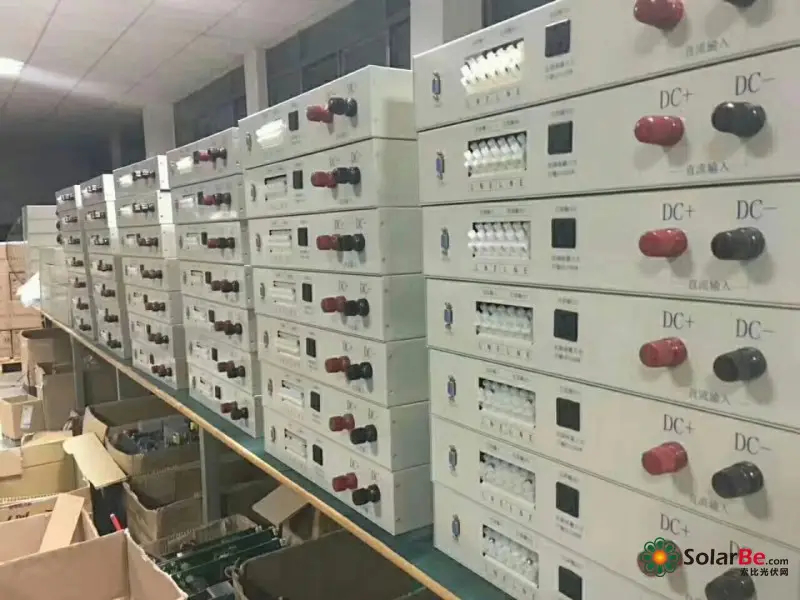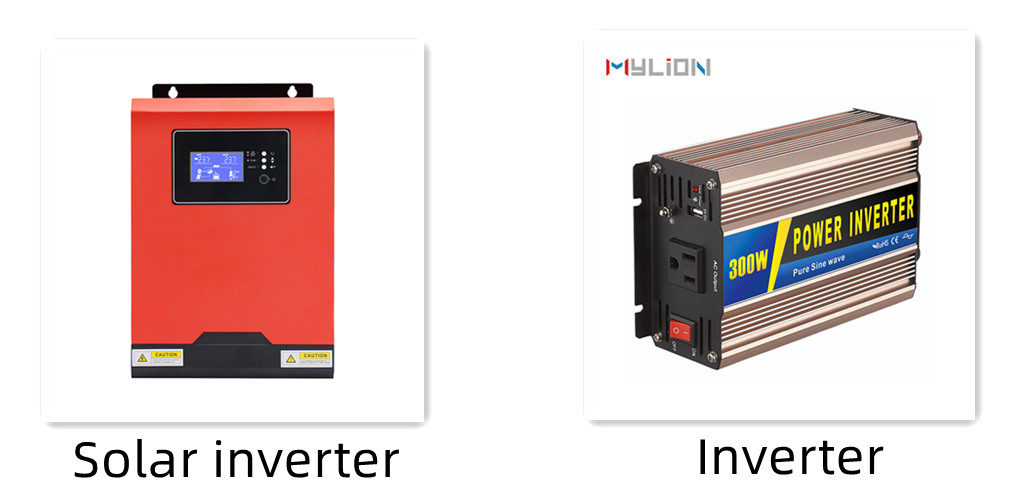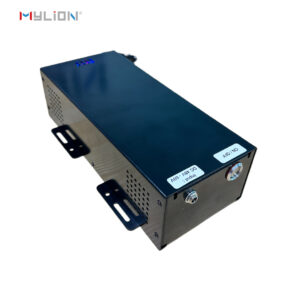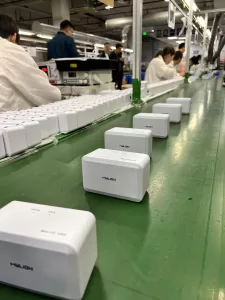Reason 1: There is dust and obstructions on the surface of photovoltaic modules
1. Cause Analysis
Dust accumulates on the surface of the photovoltaic panel, which reduces the light transmittance of the photovoltaic glass surface and the output performance of the photovoltaic panel. The thicker the dust concentration, the lower the light transmittance, the lower the solar radiation absorbed by the panel, and the lower its output performance. The shadow on the module will be regarded as the load to preferentially consume the energy generated by the PV module (hot spot effect), reducing the output power.
2. Treatment measures
Regularly clean and wipe photovoltaic modules to ensure that the surface is clean and can be fully irradiated by the sun. Make sure that there are no obstructions near the photovoltaic modules, and deal with them in time if there are any.
Note: It is best to clean the components in the morning or evening.
Reason 2: Inconsistent selection and installation of photovoltaic modules
1. Cause Analysis
In the same string, if the specifications, installation angles, and orientations of the components connected in series are inconsistent, the input voltage and current will be pulled down, affecting the input power.
For several groups in the same MPPT circuit, if the specifications, installation angles and orientations of the connected components are inconsistent, the input voltage and current will also be pulled down, affecting the input power. (Remarks: Because several groups under the same circuit are in parallel circuits when they enter the inverter, the voltages are required to be equal. Waste; on the other hand, it will cause current circulation inside the machine, affecting the power generation and service life of the inverter)
2. Processing method
In order to ensure that the voltage and current after the series and parallel connection are not pulled down, usually, try to adjust the components so that the specifications, installation angles and orientations of the components connected to the same number of input channels are consistent; the number of components connected to different input channels in the same MPPT circuit , the same specifications.
Reason 3: The grid voltage is too high
1. Cause Analysis
When the grid voltage is too high and exceeds the upper limit of the safety regulations, the machine will report that the grid voltage exceeds the upper limit of the safety regulations. If the grid voltage does not exceed the upper limit of the safety regulations but is close to the upper limit of the safety regulations, the internal voltage regulation function of the inverter will start and the output power will be automatically reduced to adapt to the grid voltage, resulting in a reduction in power generation.
① When multiple machines are connected to the grid at the same time, the total current after the grid connection point increases, the voltage drop on the AC side cable increases, and the AC side voltage of the inverter also increase.
② The cable between the AC side and the grid connection point is too long and too thin, the resistance of the cable itself is large, the voltage drop on the cable will increase, and the voltage on the AC side of the inverter will increase.
2. Treatment measures
① If there are multiple inverters connected to the grid at the same time, you can turn off one or more inverters to check whether the real-time power increases; if it increases, you can change the safety regulation to the highest voltage of the Chinese standard or connect the machines separately to the grid.
② Check whether the model, grid-connected distance, and cable diameter meet the standard requirements. If they do not meet the requirements, it is recommended to replace the national standard copper wire with a larger diameter.
Reason 4: Inverter temperature is too high
1. Cause Analysis
Due to the high ambient temperature and the unreasonable installation position, the inverter is exposed to direct sunlight. When the temperature of the inverter itself rises to a certain value, due to the characteristics of the electronic components, the inverter will automatically reduce the power output power generation
2. Judgment method
Check the power curve through the monitoring data. If the power curve drops when the temperature is high at noon in summer, it is likely to be caused by excessive temperature.
Usually, the inverter starts to reduce the load when it detects that the internal temperature reaches about 60°C; the specific load reduction temperature range of each model may be different. If you can’t judge, you can call the GoodWe after-sales hotline for consultation.
3. Treatment measures
The inverter is installed in a cool and ventilated place, as far as possible not facing south, and a sun visor can be installed if necessary.
When installing, pay attention to the minimum distance between the top, bottom, left, right, and right of the inverter (for details, please refer to the user manual). Do not install a 360° protective cover with no dead angle on the inverter.
Reason 5: A certain group of strings is abnormally connected
1. Judgment method
Check the DC current of the inverter and compare it with the current value that the string should input. If it is significantly smaller than the current value that should be input by the string, use a multimeter to measure the voltage between PV+ and PV- of the PV string. If the measured voltage is 0, it means that the string is disconnected; if the measured voltage is negative, it means that the PV+ and PV+ PV-connected backwards.
Reason 6: A certain MPPT circuit is damaged
1. Judgment method
Make sure that the string voltage is higher than the startup voltage (use a multimeter to measure the voltage between PV+ and PV- of the string), only connect the string to see if the machine can start, if not, it means the MPPT circuit is damaged.
Reason 7: Time setting is wrong
1. Judgment method
Check the time displayed on the screen of the inverter, compare it with the local time, and judge whether it is consistent with the local time. If the time setting is wrong, the calculation time of the daily power generation will not be a complete day, but it will not affect the total power generation.
2. Treatment measures
Change the time to match the local time.

